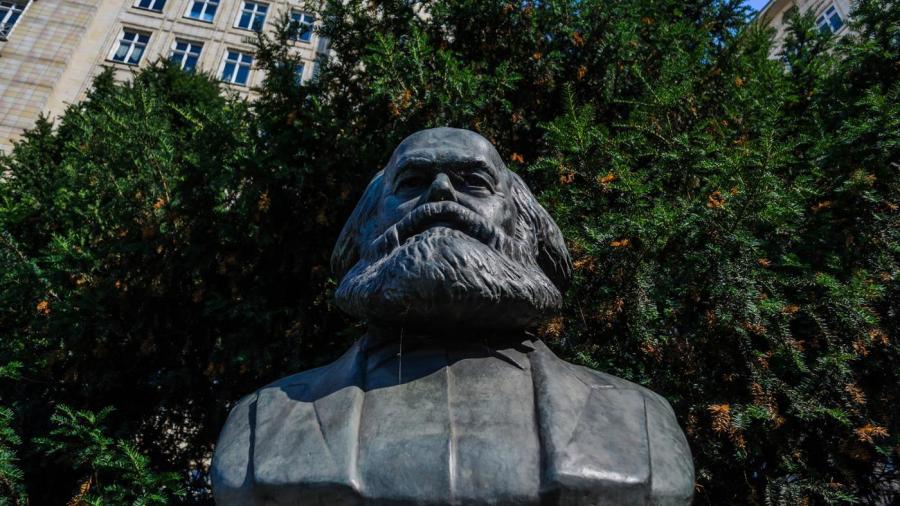What Were Karl Marx’s Contributions to Economics?

Karl Marx’s primary contribution to economics was a new framework that described economics as a struggle for power between different classes. His critiques of capitalism have been accepted by many economic theorists. His work has also spawned countless debates.
Karl Marx wrote about a broad range of subjects, but his approach to economics spawned a new line of reasoning still alive today. Written shortly after the Industrial Revolution, Marx’s work outlined some of what he thought were inherent weaknesses to capitalism. Despite the rapid growth capitalism was producing around him, Marx viewed the growth as fuel for a future revolution.
Marx suggested that the means of production would ultimately be held not by private industry but by the people or the government. This thinking still resonates today, but different governments have vastly different interpretations of how Marxism is to be used to inform policy.
While some view Marx as calling for revolution, social democracies in Europe are pursuing an incremental approach to socialist governance and economic policy. China, on the other hand, is taking a more aggressive approach, but its embrace of limited capitalism is widely credited with spawning its decades of rapid growth. Marx is perhaps best known in the United States as the inspiration behind Soviet Union-style communism.





